Modular Home Loans Extensive Guide for the UK and USA
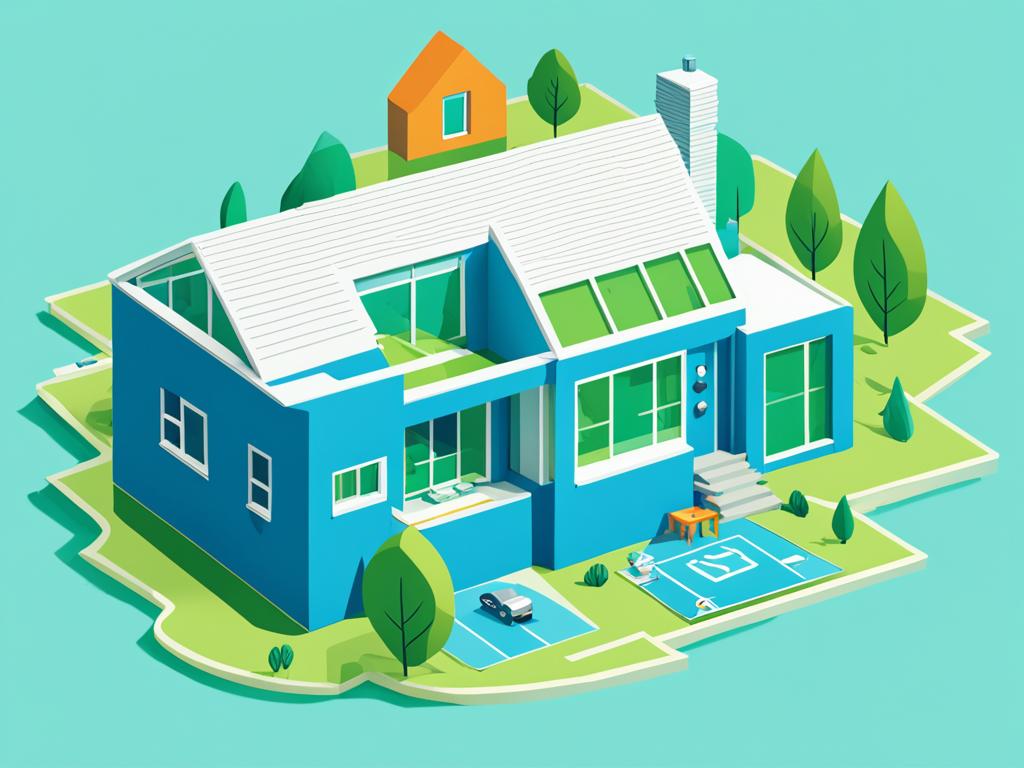
The UK has been facing a housing shortage, with house prices soaring to nearly eight times the average income. However, modular homes have emerged as a sustainable solution to the problem. Modular construction involves creating building components off-site and assembling them on-site, resulting in shorter build times, lower costs, and less environmental impact. This article will explore the benefits and challenges of modular construction and provide a comprehensive guide to obtaining modular home loans in the UK and USA.
Key Takeaways:
- Modular home loans provide affordable financing options for homebuyers in the UK and USA.
- Modular construction offers faster build times, lower costs, and reduced environmental impact.
- Lenders have started to offer flexible modular home financing options with competitive interest rates.
- Financing options for modular homes include FHA loans, Fannie Mae loans, Freddie Mac loans, chattel loans, and VA loans.
- While there are challenges with modular construction, such as fire risk and insurance difficulties, the benefits outweigh them.
Modular homes are gaining popularity as a solution to the housing shortage in both the UK and USA. Their efficient construction process, cost savings, and environmental benefits make them an attractive option for homebuyers. Lenders have started to offer financing options for modular homes, including FHA loans, Fannie Mae loans, Freddie Mac loans, chattel loans, and VA loans. However, there are challenges to overcome, such as the higher risk of fire spreading and obtaining insurance. Overall, modular homes and the financing options available for them offer a sustainable and affordable solution to the housing crisis.
What is Modular Construction?
Modular construction, also known as modern methods of construction or 3D volumetric construction, is a revolutionary approach to building homes. In this method, building components are manufactured off-site in a controlled factory environment, utilizing advanced technologies and machinery. These components, or modules, are then transported to the construction site and assembled to create a complete home.
The efficiency of modular construction lies in its faster build times and cost-saving benefits. By manufacturing the modules off-site, construction can proceed simultaneously at both the factory and the site, significantly reducing overall build time. This allows homeowners to move into their new homes sooner and minimizes the inconvenience and disruption caused by lengthy construction periods.
Additionally, modular construction offers substantial cost savings. The streamlined manufacturing process and economies of scale achieved through assembly-line production result in lower construction costs compared to traditional methods. Furthermore, modular construction has the potential to generate less waste due to precise material planning and more efficient building practices, making it an environmentally friendly choice.
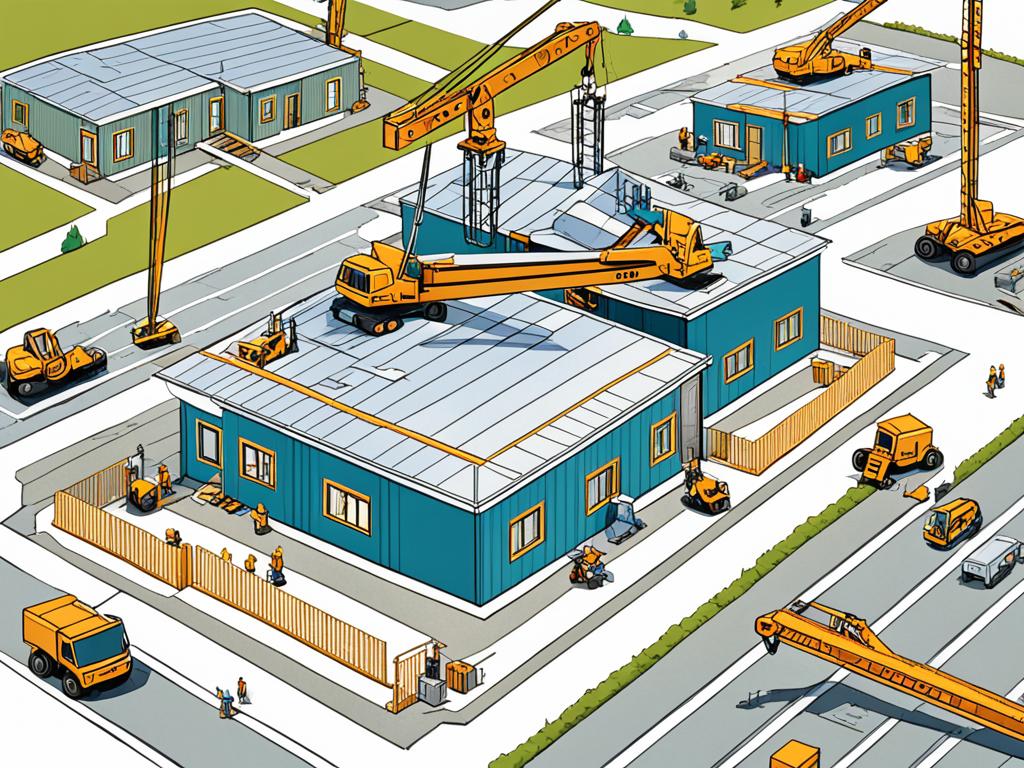
Why Choose Modular Construction?
- Speed: Modular construction allows for faster build times, reducing overall construction schedules.
- Cost-efficiency: The streamlined manufacturing process of modular construction results in cost savings.
- Sustainability: By minimizing waste and reducing environmental impact, modular construction contributes to a greener future.
- Flexibility: Modular homes offer design flexibility, allowing customization to meet the unique needs and preferences of homeowners.
- Quality: The controlled factory environment ensures higher quality construction with precision-engineered modules.
Modular construction has gained popularity worldwide as an innovative solution to the challenges of traditional construction. Its benefits extend beyond residential homes to various other applications, including student housing, commercial buildings, and healthcare facilities. The future of construction lies in this modern and efficient building method.
Benefits of Modular Construction for Lenders
Modular construction offers numerous benefits for lenders. By embracing this innovative construction method, lenders can enjoy various advantages that enhance efficiency, reduce costs, and contribute to a more sustainable future.
Time-Saving
Compared to traditional construction methods, modular construction significantly reduces project completion time. With building components prefabricated off-site and assembled in a streamlined manner, projects can be completed in half the time. This time-saving feature enables lenders to finance more projects and maximize their returns.
Cost-Saving
Modular construction adopts an assembly line production approach, which increases efficiency and reduces costs. Lenders can benefit from up to 25% cost savings compared to traditional construction. These savings can be leveraged to offer borrowers more competitive financing options, attracting a larger customer base.
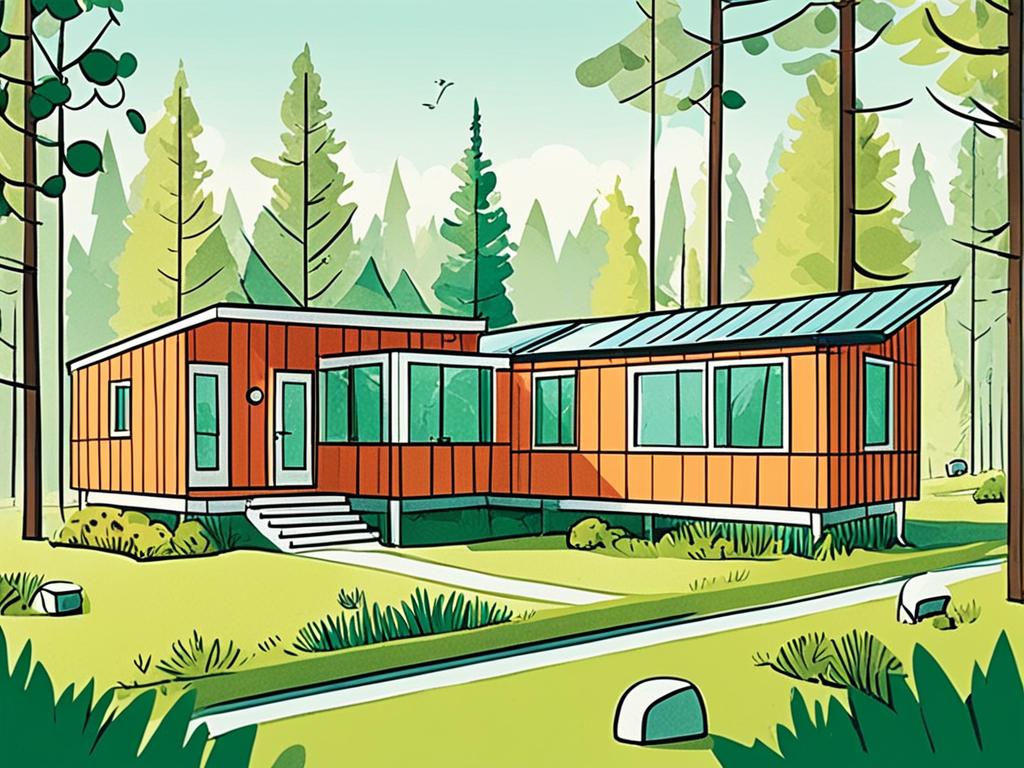
Less Waste, Planet-Saving
Modular construction promotes sustainability by generating less waste compared to traditional construction methods. The use of assembly line production and precision engineering allows for more accurate material estimation, minimizing waste production. This reduction in waste contributes to a planet-saving initiative, helping lenders and borrowers achieve their sustainability goals.
Re-using and Re-cycling
Another advantage of modular construction is the ability to easily re-use and re-cycle building components. Modular homes can be disassembled and reassembled elsewhere, reducing construction waste and carbon emissions. Lenders who support this environmentally friendly aspect of modular construction can align themselves with borrowers who prioritize sustainability.
Less Pollution and Carbon Emissions
Modular construction minimizes pollution by limiting on-site construction activities and reducing material transportation requirements. The controlled manufacturing environment also ensures that construction processes produce fewer carbon emissions. Lenders can proudly finance projects that contribute to cleaner air and a healthier environment.
Better Energy Efficiency
Modular homes are designed with energy efficiency in mind, featuring superior insulation, high-quality materials, and advanced technology. These energy-saving features translate into lower operating costs for homeowners, making modular homes an attractive financing option. Lenders can support borrowers in achieving sustainable and cost-effective homeownership.
Reducing Surprises for Lenders
Lenders can reduce their risk and potential surprises by visiting show properties before the build. This proactive approach allows lenders to gain a better understanding of the construction quality, design, and finishes of modular homes. By familiarizing themselves with the product, lenders can make informed financing decisions and mitigate potential risks.
Challenges of Modular Construction for Lenders
While modular construction offers many advantages, it also presents some challenges for lenders to navigate. One significant challenge is the higher risk of fire spreading in homes made from timber, a common material used in modular construction. Lenders must consider this when assessing the risk profile of modular homes.
Furthermore, obtaining insurance for modular homes can be more challenging compared to traditional construction properties. Modular homes are often considered non-standard construction properties, which may limit the insurance options available and increase the premiums. Lenders need to be aware of this potential difficulty when financing modular home projects.

In light of these challenges, lenders may exercise greater caution when lending on modular homes. They may require additional safeguards or impose stricter lending criteria to mitigate the risks associated with modular construction.
Financing Options for Modular Homes in the UK and USA
When it comes to financing your modular home, there are several options available to you in both the UK and USA. These options provide flexibility and support for individuals looking to make their dream of owning a modular home a reality. Let’s explore some of the financing options in detail:
UK Financing Options:
In the UK, there are several loan programs that can help you finance your modular home. One option is an FHA loan, which is a government-backed loan that offers low-interest rates and flexible terms. Another option is a Fannie Mae loan, which is designed to support affordable housing initiatives. Freddie Mac loans are also available and provide financing for manufactured homes, including modular homes. These loans can be used to finance the purchase of a new or used modular home, as well as the land on which it will be located.
USA Financing Options:
In the USA, there are two main financing options for modular homes: chattel loans and VA loans. Chattel loans are specifically designed for mobile or manufactured homes, including modular homes. These loans allow you to finance the purchase of the home itself, rather than the land it sits on. VA loans, on the other hand, are available to eligible veterans and military personnel. They offer competitive interest rates and flexible terms, making them a popular choice for financing modular homes.
Regardless of whether you are in the UK or USA, these financing options provide you with the means to secure the funding you need to purchase a modular home. It’s important to explore each option thoroughly and consider your individual circumstances to determine which loan program is best suited to your needs.
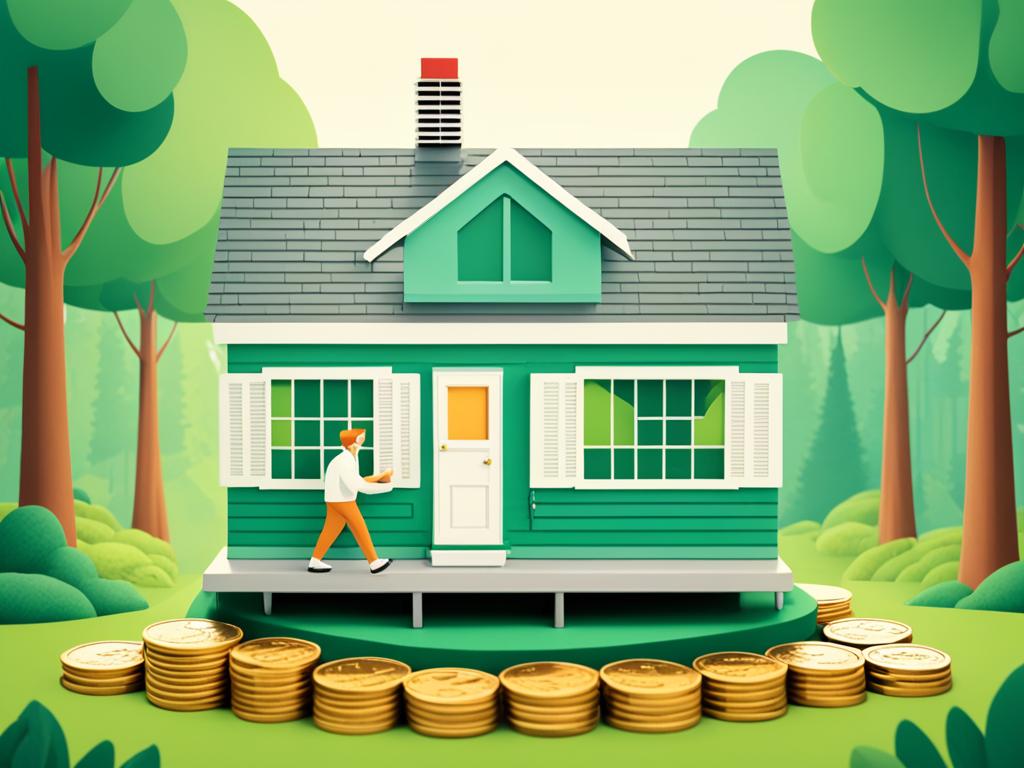
Conclusion
The rising popularity of modular homes in the UK and USA is a testament to their potential as a solution to the ongoing housing shortage. The efficient construction process of modular homes, where building components are manufactured off-site and then assembled on-site, offers significant advantages. Not only does it result in shorter build times and cost savings, but it also contributes to sustainable construction practices, reducing environmental impact.
Lenders have recognized the value of modular homes and have started offering various financing options to cater to the growing demand. Potential homebuyers can now explore options such as FHA loans, Fannie Mae loans, Freddie Mac loans, chattel loans, and VA loans to finance their dream modular homes. These financing options provide flexibility and affordability, making it easier for individuals to realize their homeownership goals.
However, it is crucial to address the challenges associated with modular homes, such as the risk of fire spreading due to the use of timber in construction. Additionally, obtaining insurance for modular homes, which are considered non-standard construction properties, may present some difficulties. Overcoming these challenges will contribute to a more secure and widely accepted market for modular homes.
In conclusion, modular homes offer a sustainable and affordable solution to the housing crisis in the UK and USA. With their efficient construction process, cost savings, and environmental benefits, they are an attractive option for homebuyers. Supported by a range of financing options from lenders, modular homes are poised to make a significant impact on the housing market, providing individuals with the opportunity to own their homes in a more sustainable and cost-effective manner.
FAQ
What is modular construction?
Modular construction is a modern method of construction where building components are manufactured off-site and then transported to the construction site for assembly. It falls under the category of “Modern Methods of Construction” (MMC) and is also known as 3D volumetric construction.
What are the benefits of modular construction for lenders?
Modular construction offers numerous benefits for lenders. It saves time by completing projects in half the time compared to traditional construction methods. The streamlined assembly line production and efficiency of modular construction also result in cost savings of up to 25%. Additionally, modular builds generate less waste, reduce pollution, and emit fewer carbon emissions, making them more environmentally friendly. Lenders can reduce surprises by visiting show properties before the build, reducing their risk.
What challenges does modular construction present for lenders?
One challenge is the higher risk of fire spreading in homes made from timber, which is a common material used in modular construction. Additionally, obtaining insurance for modular homes can be difficult, as they are considered non-standard construction properties. Lenders may be more cautious when lending on modular homes due to these challenges.
What financing options are available for modular homes in the UK and USA?
In the UK, options include FHA loans, Fannie Mae loans, and Freddie Mac loans. These loans can be used to finance the purchase of a new or used modular home, as well as to buy the land on which the home will be located. In the USA, chattel loans and VA loans are also available for financing mobile or manufactured homes. These loans provide options for borrowers looking to finance the purchase of a modular home.

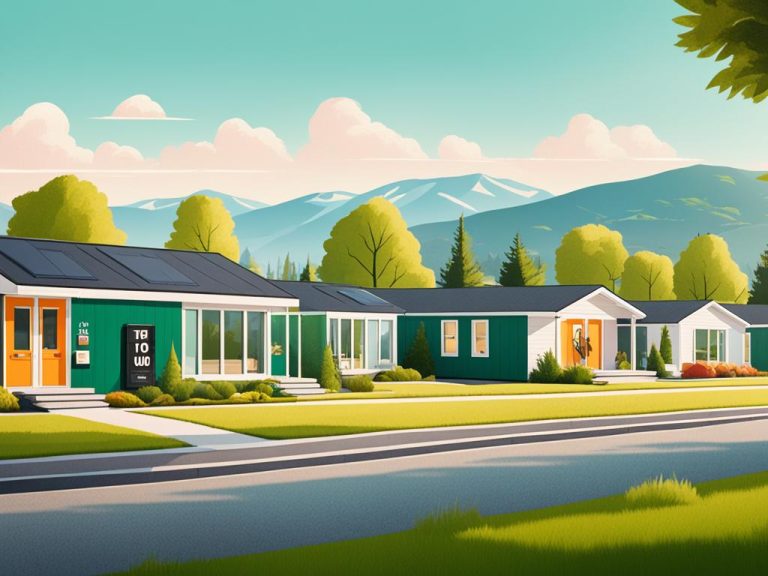
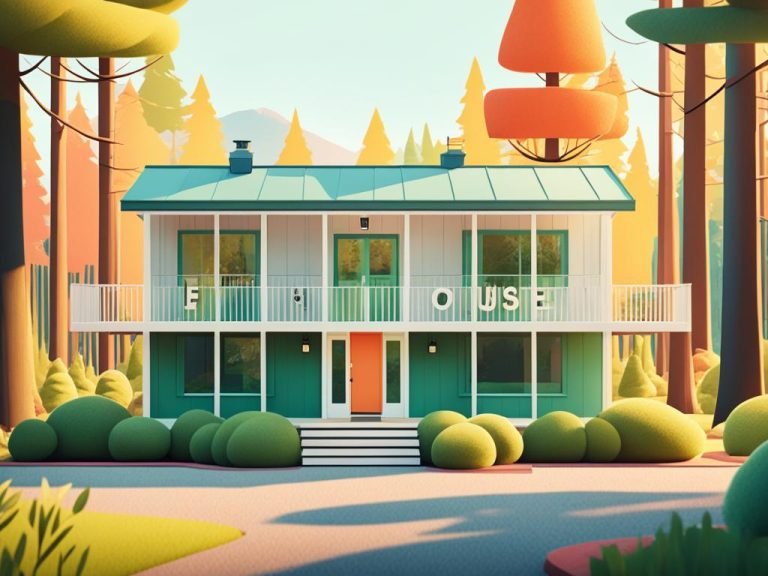
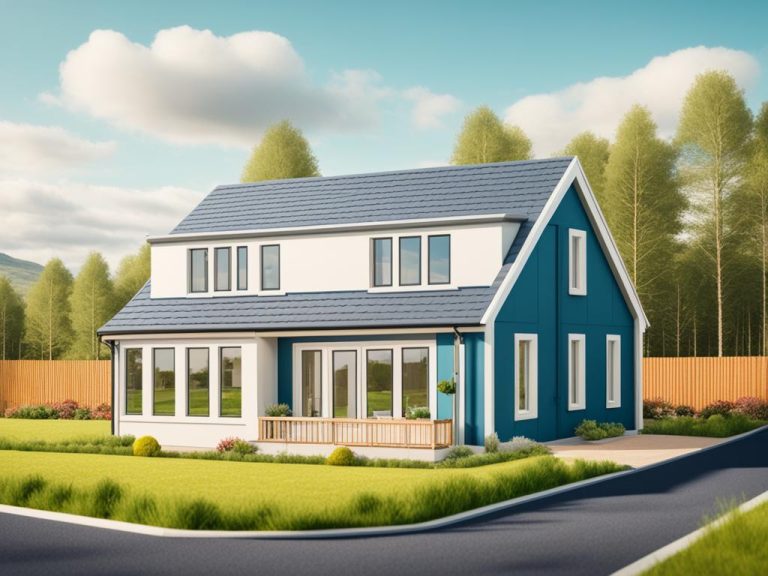
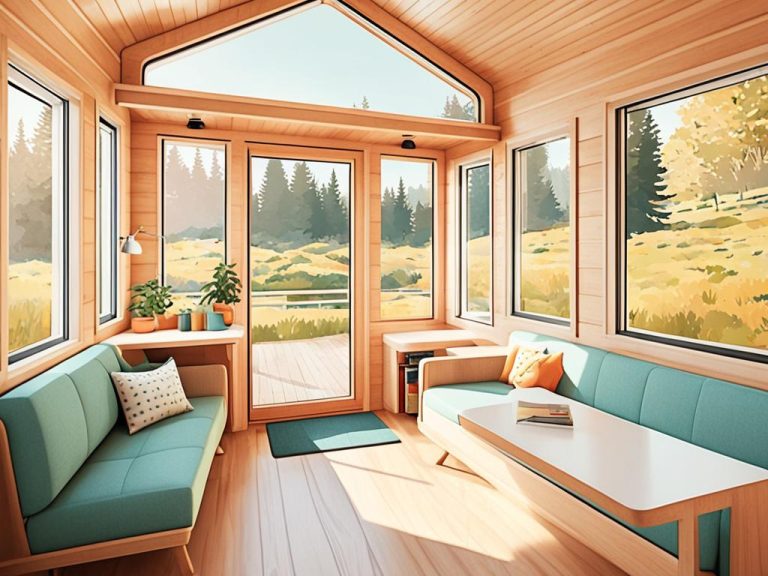
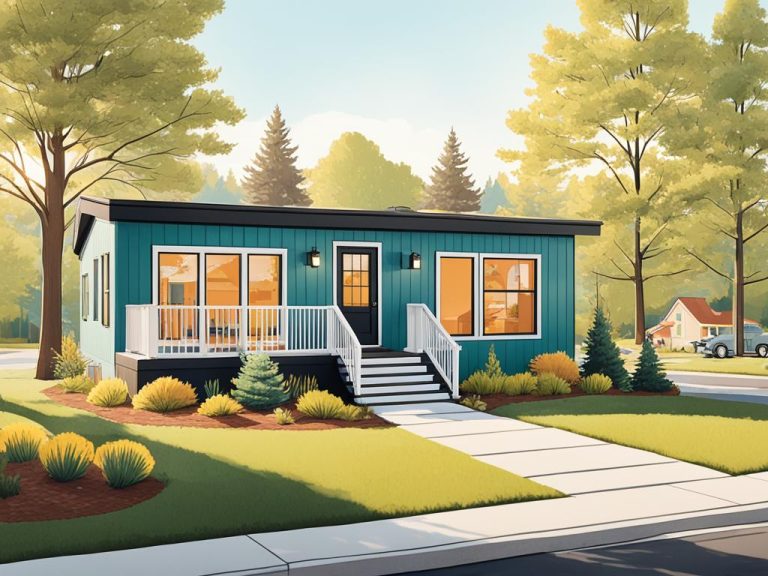
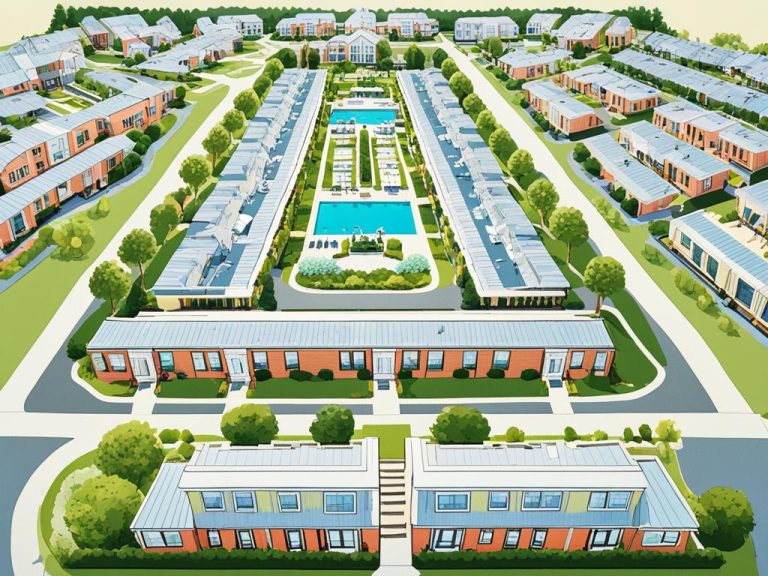
An exploration of Mona Zaki’s https://perfect-strangers.mona-zaki-ar.com career and influence, from her film debut to her starring role in Perfect Strangers, the influential Egyptian television series that received worldwide acclaim.